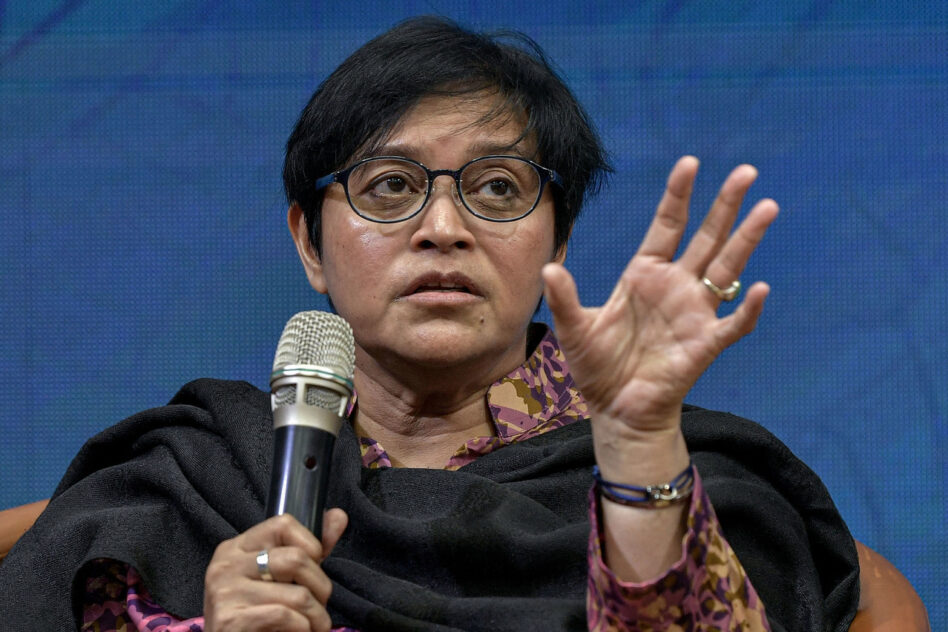ASIDE from concerns over holding the 15th General Election (GE15) during the flood-prone monsoon season or whether the GE15 is only intended to save the skin of certain UMNO political leaders, the truth is that the outcome of GE15 will have a profound impact on the Malaysian economy and its capital markets to say the least.
Regardless of whichever political coalition emerges triumphant, its vision and policies (right-leaning, left-leaning or centrist; pro-rakyat, pro-business or equally friendly to both) will form the pathway for the country over the next five years.
“Investors may re-balance their portfolios ahead of the election in accordance with their prediction of the outcome, or after the election in accordance with the actual outcome,” Kenanga Research head Joshua Ng & team pointed out in a market strategy note.
“Suffice to say, as equity analysts, we are more inclined not to step into the shoes of political analysts to predict the specific outcome. Instead, we will focus on the broad outcome of the election and how it would alter the perceived market risk premium, and hence market valuations.”
Below are three scenarios envisaged by Kenanga Research:
- A majority government: Defined as the dominant party within the ruling coalition controlling more than 50% of the 222 seats in Parliament, this is the best-case scenario.
“We believe the market could have priced in high chances of this prevailing. If it does happen, we could expect the market to rally as a new ruling coalition with a stronger mandate from voters stands a better chance of pushing through policy initiatives in a more decisive manner,” projected the research house.
- A minority government: Defined as the dominant party within the ruling coalition controlling less than 50% of the 222 seats in Parliament, this scenario may not be desirable to the market. Under this scenario, the decision-making process could often be stalled by bickering within partners in the coalition.
“What is more concerning to the market is, a minority government is more often than not, prone to leadership challenges and even a total collapse. If a minority government emerges, we expect the market sentiment could be significantly dampened,” opined Kenanga Research.
- A hung parliament: Defined as no coalition of parties is able to command more than 50% of the 222 seats in Parliament to form a new government.
“Under this scenario, a fresh election may have to be called. While we do not rule out entirely the possibility of this scenario playing out, we do not deem it likely at all from what we have gathered on the ground,” reckoned the research house.

Having observed that the past three GEs saw a gap of 24-32 days between Parliament dissolution and polling date, Hong Leong Investment Bank (HLIB) Research expects GE15 to be held between Nov 3 and 11.
Following the dissolution of Parliament, the Election Commission (EC) will have to announce the nomination date and polling date within 60 days. The latest possible date for GE15 to be held is on Dec 9.
“This guesstimate jives with the widely held belief that the national polls are unlikely to happen too close to December to avoid the year-end monsoon season which brings about flooding risk,” noted head of research Jeremy Goh.
A close look at the FBM KLCI’s performance for the past three GEs between Parliament dissolution to polling date, however, indicates no clear or consistent trend, according to HLIB Research.
Over that said period (i.e. from dissolution to polling), the research house noticed that the FBM KLCI fell -8.5% during GE12 (coinciding with the onslaught of the US sub-prime crisis which eventually morphed into the Global Financial Crisis) but rose marginally by +0.6% in GE13 and +0.5% in GE14.
“When stacked against the ASEAN-5 index, the FBM KLCI underperformed during GE12 (-8.2%) and GE13 (-0.8%) but outperformed during GE14 (+2.7%),” added HLIB Research. – Oct 11, 2022
Main photo credit: The Malaysian Reserve









